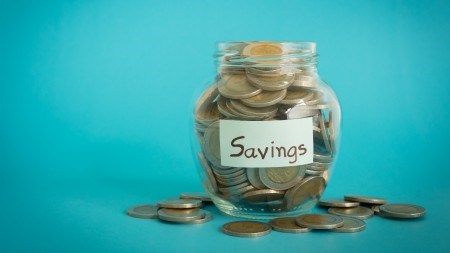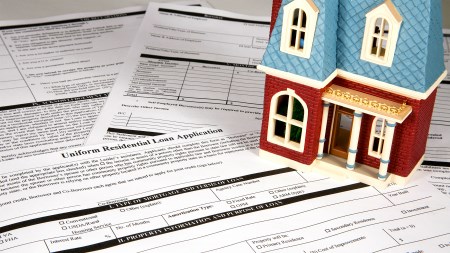Thinking of buying a home? Before approaching your bank for finance, consider these questions to determine if you’re financially prepared for homeownership.
Since the National Credit Act came into effect, prospective homebuyers have been required to have their financial affairs in order before they apply for a bond. While banks have become slightly less stringent since the act's inception, financial institutions are likely to tighten up their lending criteria in 2017 and bond applicants will be put through their financial paces before being approved for a home loan, says Adrian Goslett, Regional Director and CEO of RE/MAX of Southern Africa.
“If you have made the resolution of purchasing a home during 2017, you will need to ensure that you have assessed your financial situation and answered a few pertinent questions before approaching your bank for bond approval. Currently, only around 65% of first-time buyer bond applications are approved, which highlights the importance of being financially prepared before applying,” says Goslett.
He provides a few financial questions that you should answer before approaching your bank for finance:
What is my credit score?
A favourable credit score and clean credit record is a valuable asset when applying for a home loan. Each year consumers can obtain a free credit report from the credit bureaus within the country to assess their finance position. Goslett says that it is advisable for you to know your credit score and check your credit record for any inaccuracies. “Any missed or slow payment will have a negative impact on a consumer’s credit score. However, it is also important to be mindful of the less obvious credit infractions such as opening too many accounts, numerous credit enquiries, co-signing for a third party or only paying the minimum required payment. All of these things will impair your records and could scare off lenders,” Goslett explains.
What is my annual income?
As a potential homebuyer, the maximum bond amount that you can qualify for is based on your annual income, so be sure to include any bonuses or annual investment returns when making this calculation. Your annual tax return documentation will assist in determining your actual yearly income.
How much debt do I have?
Another major consideration that banks take into account when determining the home loan amount they are willing to grant is the applicant’s amount of disposable income. “To increase the disposable income you have available, get rid of or pay down debt as much as possible. Lenders will require you to provide them with all the debt you currently have to work out a debt-to-income ratio, which will be used as a tool to determine your level of affordability,” says Goslett. “Having a lower debt-to-income ratio will be highly beneficial as it will increase the chance of gaining approval for a higher bond amount.”
What is my financial worth?
Banks will want to see the documentation that relates to any assets, such as vehicles, investments and income-generating properties. Goslett says that all of these aspects add to an applicant’s nett worth and will have a bearing on the amount that the bank is willing to grant.
What kind of deposit can I put down?
According to bond origination company, BetterLife, the average cash deposit required by first-time buyers is 12.3% of the purchase price of the property. Based on the average home price paid by first-time buyers of R739 000, that equates to a cash amount of around R90 000 – not to mention the other costs associated with a home purchase such as transfer fees, attorney fees and bond costs.
What can I afford?
In an ideal situation your monthly home payment, which includes the bond, interest, taxes and insurance should not make up more than around 30% of your income before taxes. It is impossible to get an idea of your affordability levels by using an online bond calculator or consulting with a professional financial adviser. “Even if the bank has approved a certain amount, it is not necessary to find a home at the maximum bond amount if you feel you won’t be comfortable with the monthly repayment. Owning a home is a long-term investment that needs to be sustained for the term of the loan, so it is advisable to purchase a property that you can comfortably afford,” says Goslett. “Financial preparation is the key to homeownership readiness and will make the bond application process far smoother,” he concludes.



